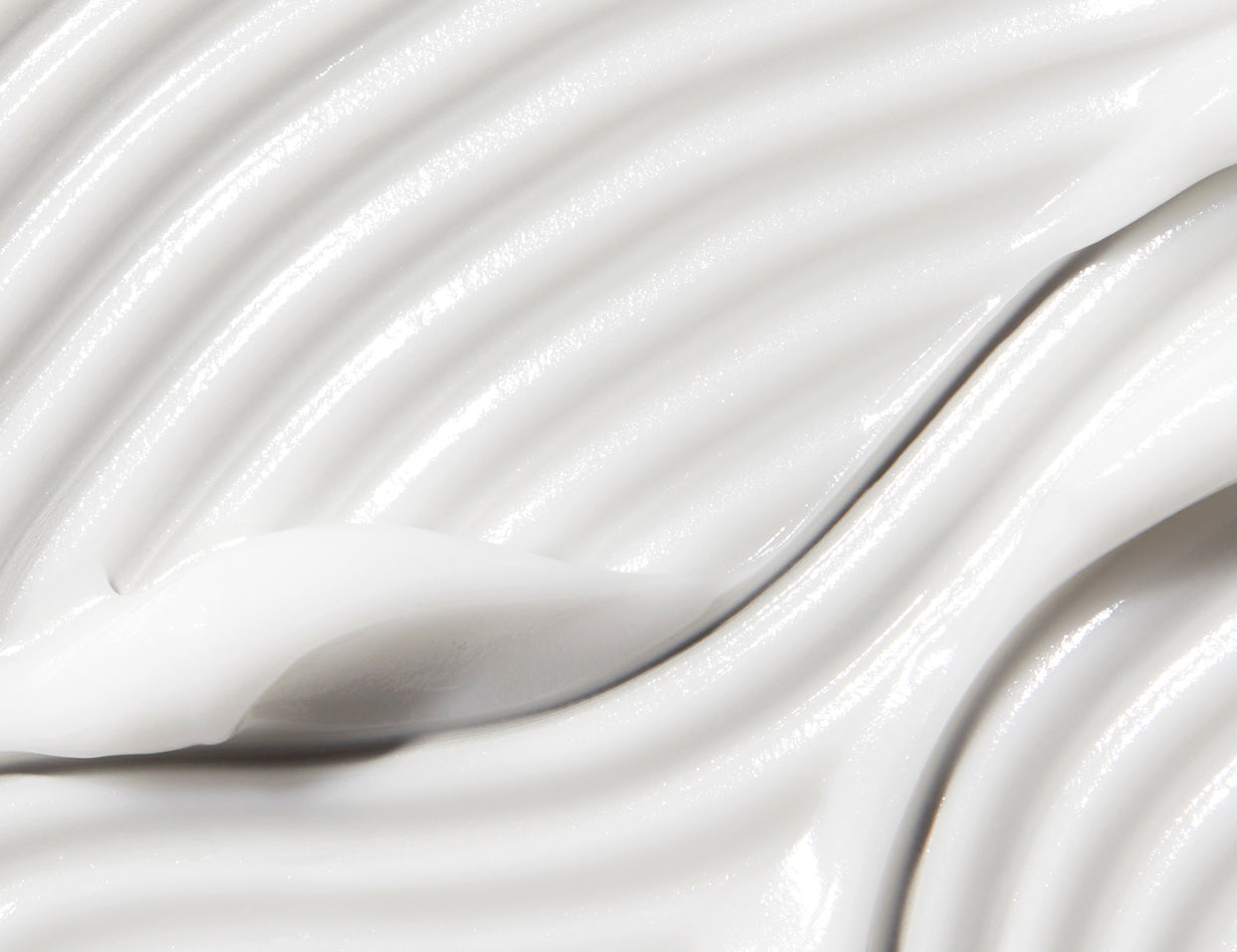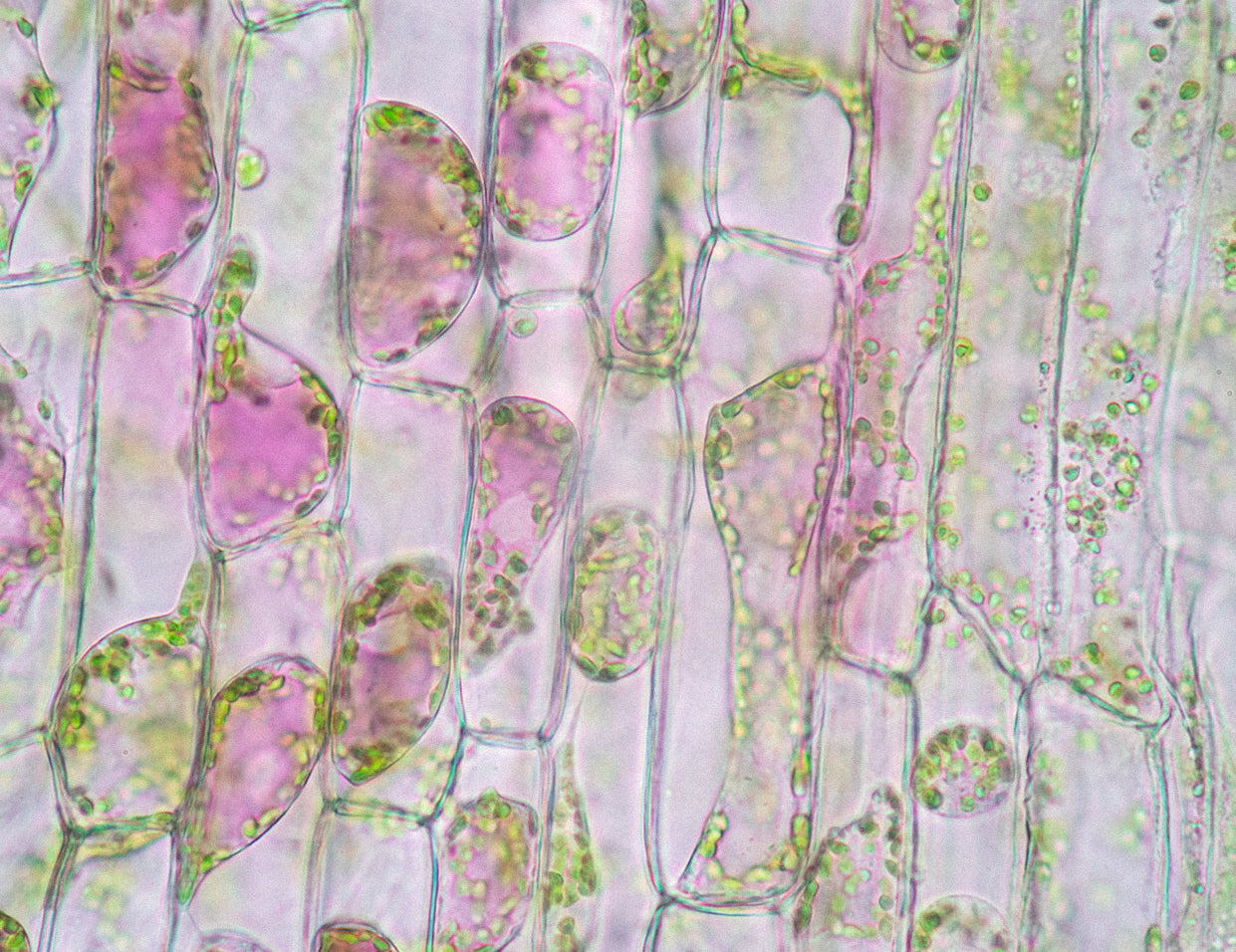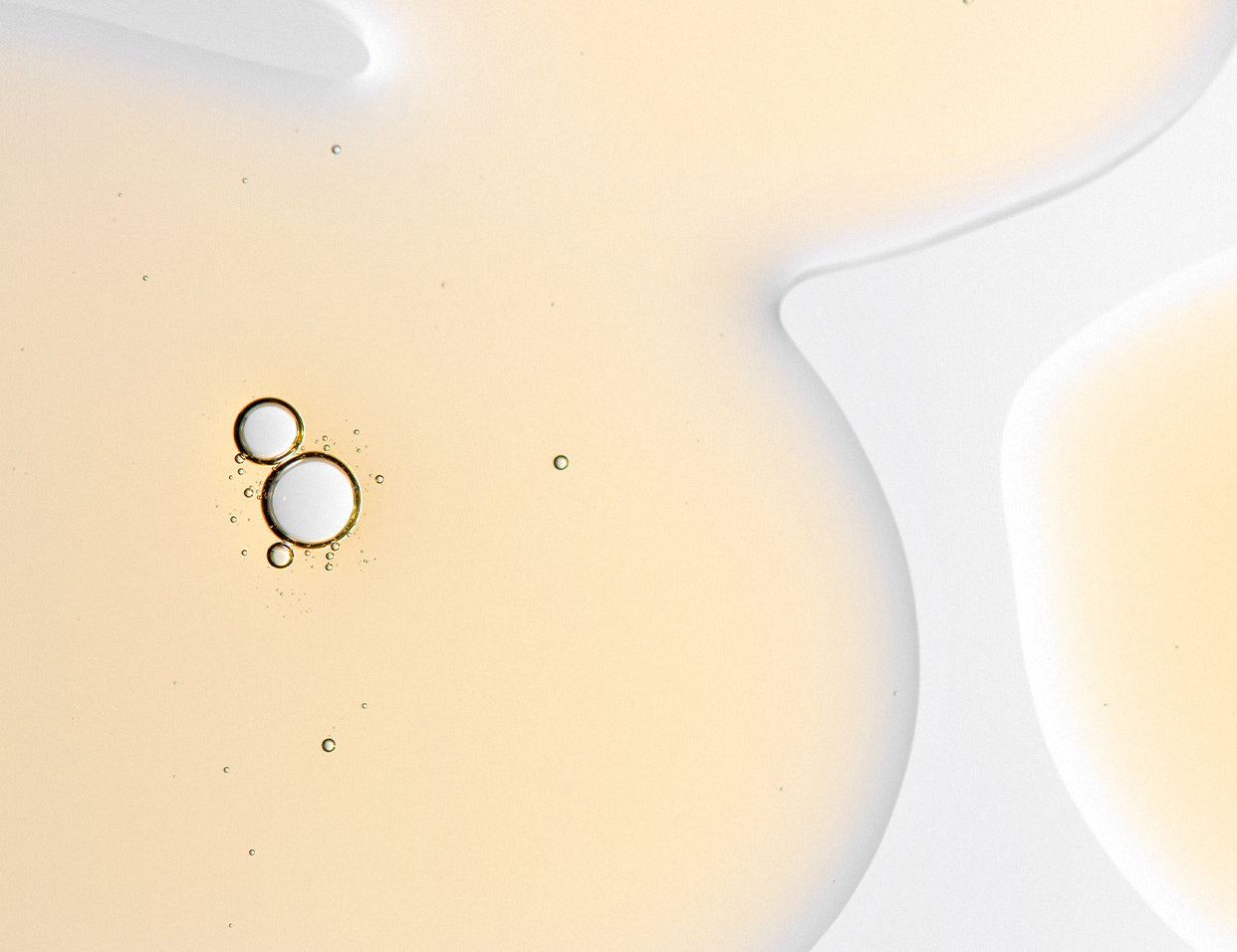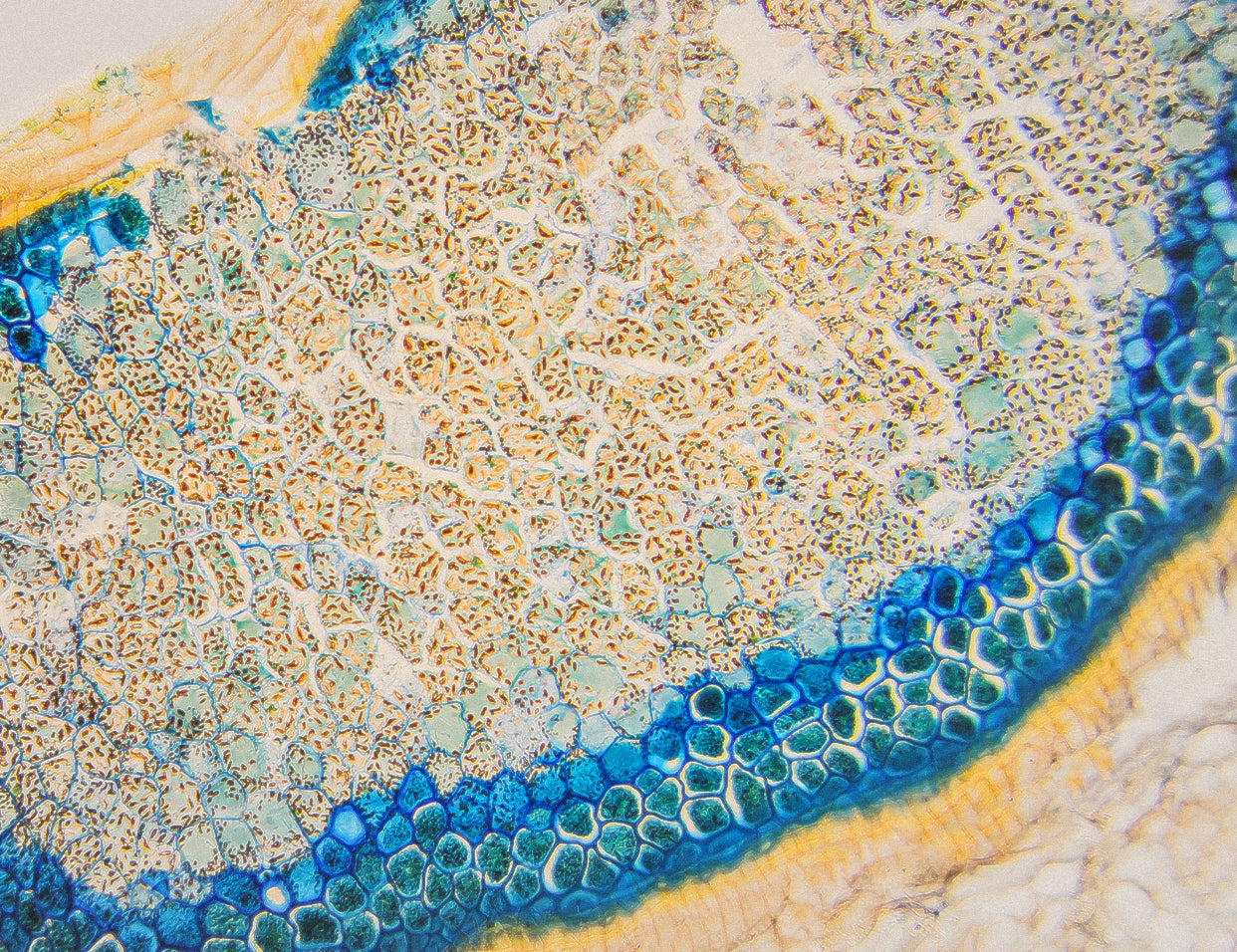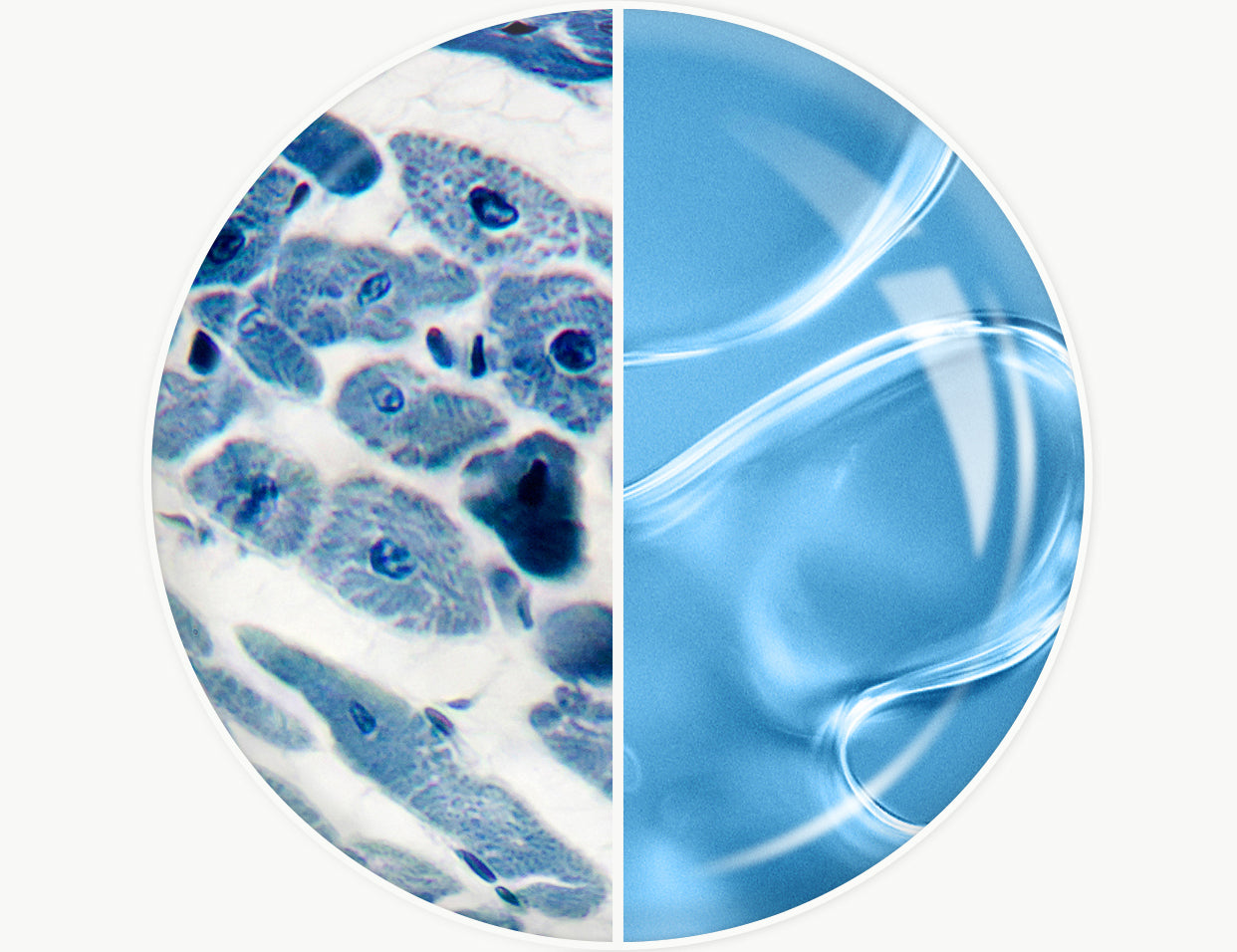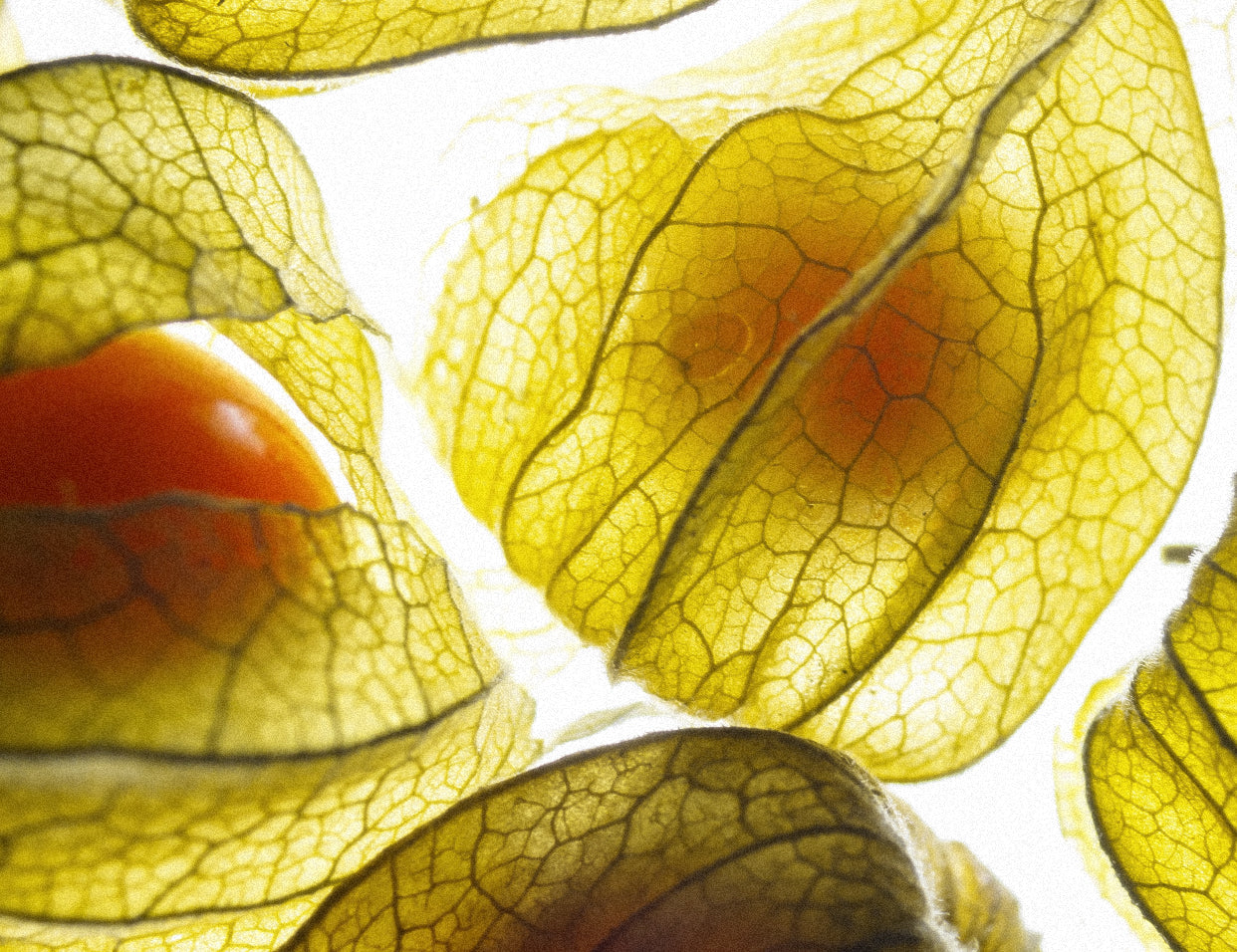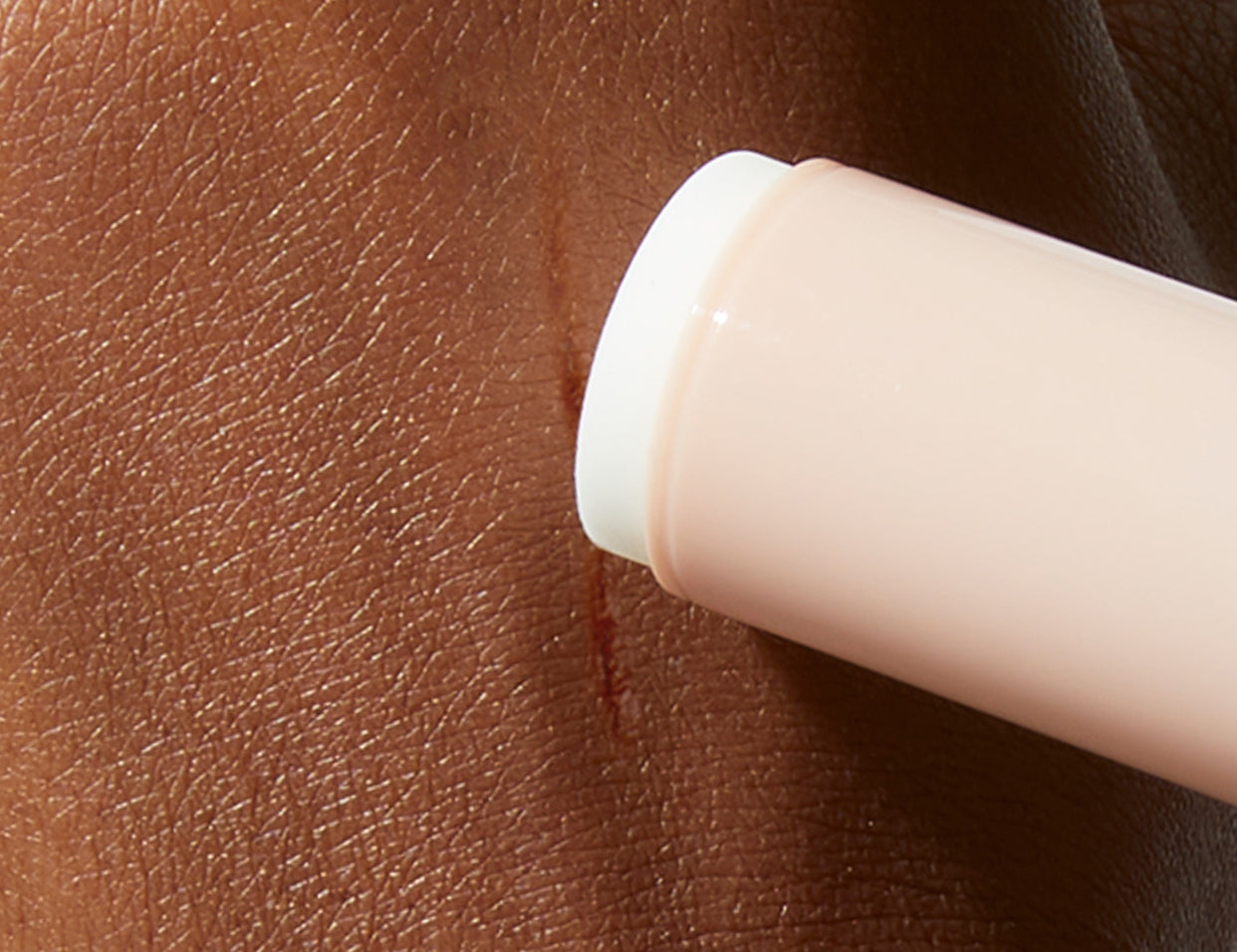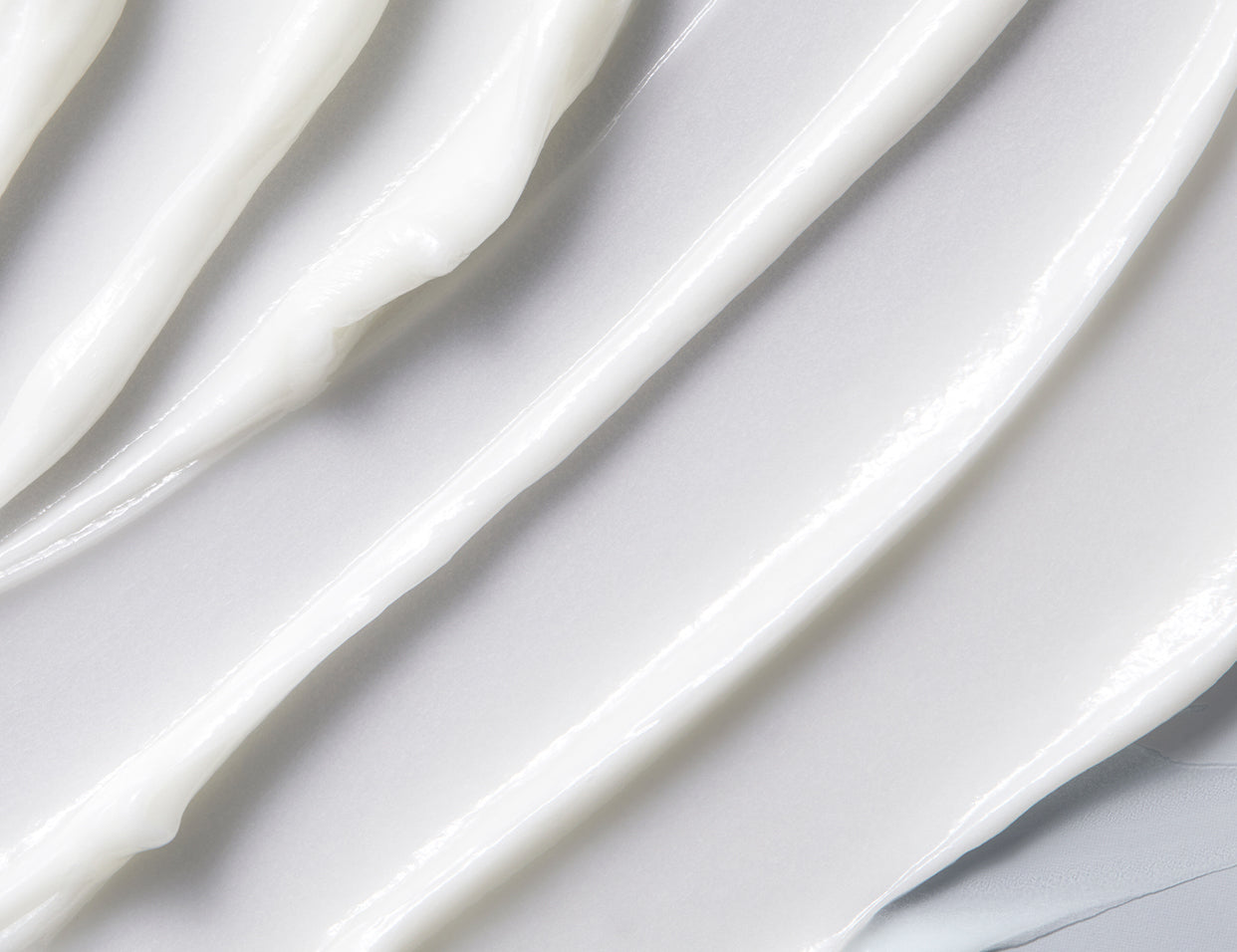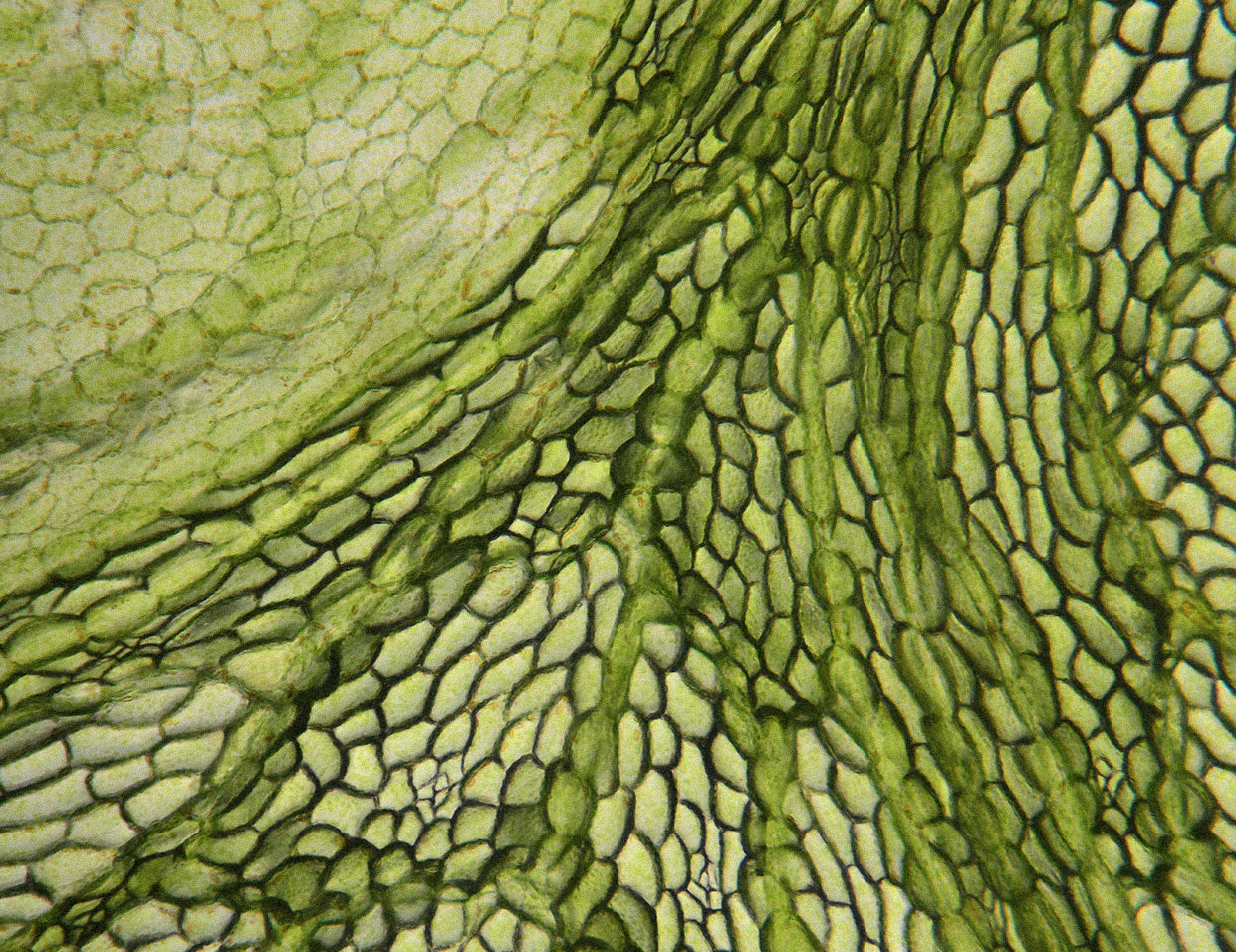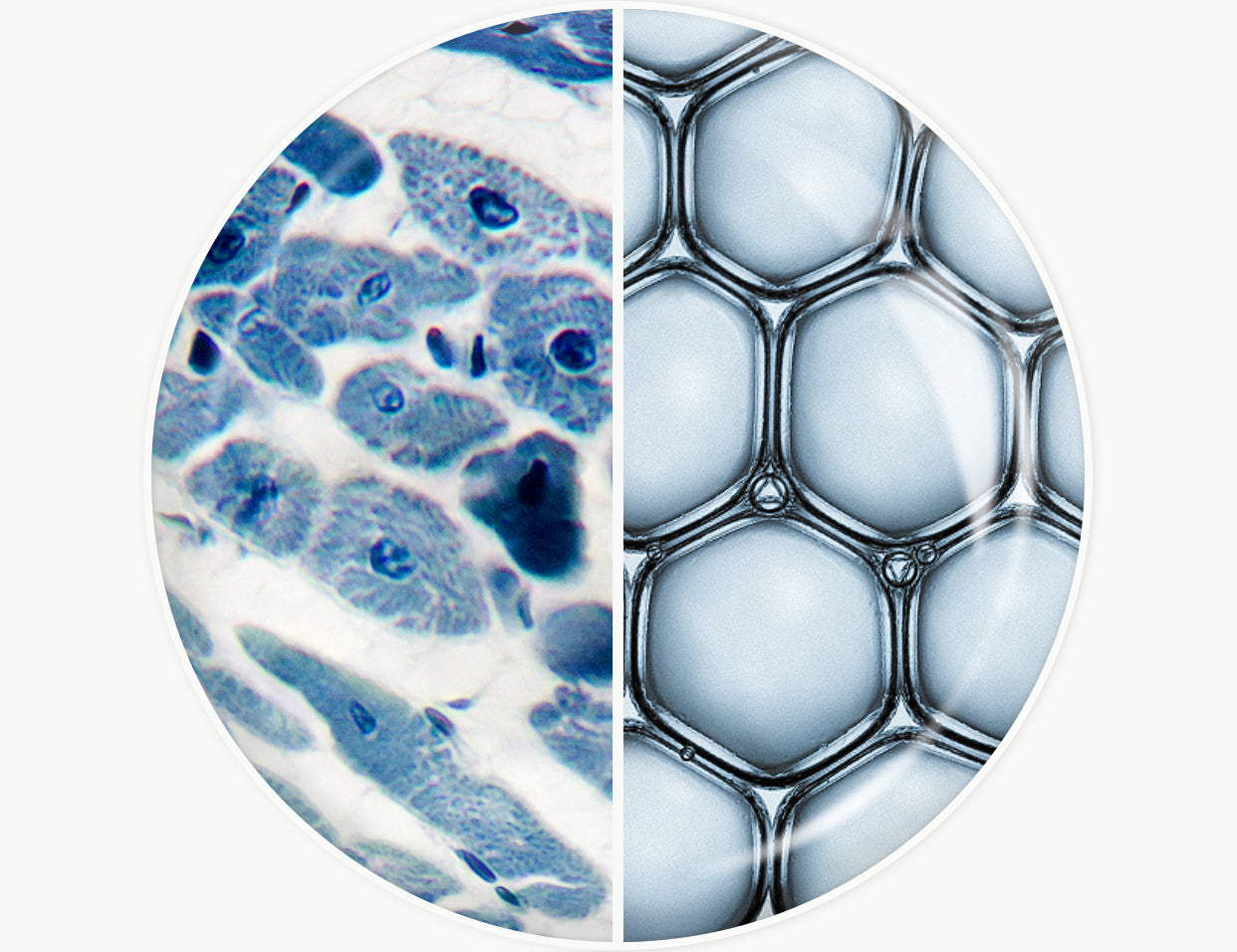Everything To Know About The AM/PM Modern Facial Moisturizer
We wanted our first dedicated facial moisturizer, AM/PM Modern Moisturizer, to check every box for every skin type: Beyond being remarkably efficacious and maintaining a healthy skin barrier, it has a beautiful texture and finish that’ll make you want to reach for it daily, morning and night.

